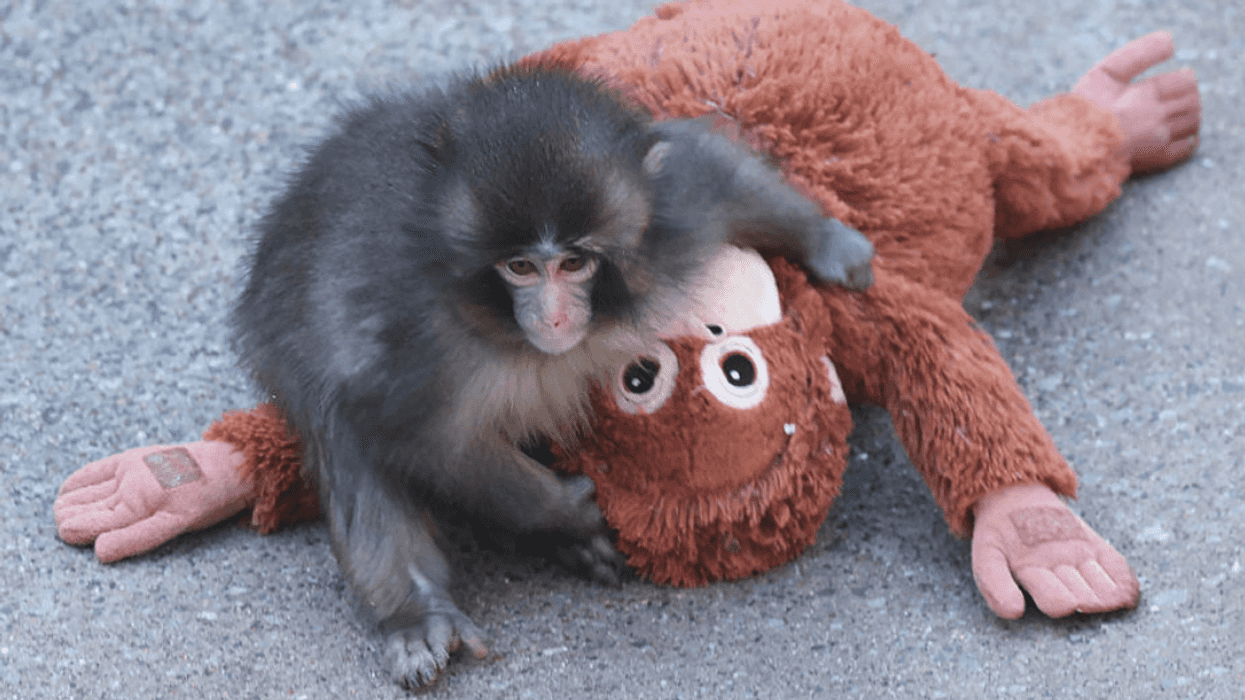Early in his presidency, Donald Trump drew criticism for calling White nationalists and White supremacists "very fine people."
The August 2017 Unite The Right rally in Charlottesville, Virginia and President Trump's response continue to cast a pall over his legacy.
So surely he wouldn't make the same mistake again, right?
On Sunday, Trump defended right-wing protesters across the country calling for an end to pandemic containment measures. The protestors brought guns, Confederate flags and Nazi symbols to their gatherings in more than a dozen states.
The protesters are mostly right-wing MAGA fanatics, anti-vaccination advocates and gun rights activists.
During Sunday's White House press briefing, reporters asked Trump about the protestors who in addition to creating a public disturbance around state capital buildings, also blocked ambulances and access to hospitals.
Trump responded:
"You're allowed to protest."
The President famously sings a very different tune when those protesters are people of color, peacefully protesting during sporting events.
He continued:
"I watched a protest and they were all six feet apart, I mean it was a very orderly group of people."
Video and photos from the rallies show this is untrue.
Trump then blamed state governors:
"But you know, some governors have gone too far. Some of the things that happened are, uh, maybe not so appropriate, and I think in the end it's not gonna matter because we're starting to open up our states."
Trump then proclaimed he supports all protestors.
"I see protesters for all sorts of things, and I'm with everybody."
Colin Kaepernick will be surprised to learn this.
Many point to a series of Trump tweets Friday as a catalyst for the heavily armed protests.
Trump tweeted to "LIBERATE" three states with Democratic governors that could play an important role in the 2020 election: Minnesota, Michigan and Virginia.
Asked about his role in provoking the protests that led to more than one clash with healthcare personnel and the potential for violence, Trump denied having any part in it or responsibility for it.
Instead he praised the great people taking over public spaces while heavily armed and blockading hospitals.
"I've seen the people, I've seen the interviews of people. These are great people."
Many of the protestors were wearing pro-Trump shirts or hats or carrying pro-Trump messages.
"Look they want to get—they call cabin fever, you've heard the term—they've got cabin fever. They wanna get back."
"They want their life back. Their life was taken away from them."
"And you know, they learned a lot during this period. They learned to do things differently than they have in the past. And you know, they'll do it hopefully until the virus has passed."
Trump then remarked on the United States flags interspersed with the Confederate flags and Nazi symbols.
"I think these people are—I've never seen so many American flags. I'm seeing the same thing you're seeing."
When the reporter asking the question mentioned there were Nazi flags at these rallies, Trump said:
"No, no."
"They're who? Well that I totally would say, no way."
Trump then tried to blame the media for reporting the truth instead of removing all White supremacist iconography used by the protestors.
"But I've seen—I didn't see that. I see all—of course I'm sure the news plays that up."
The President tried again to play up the patriotism involved in armed defiance of public health measures.
"I've seen American flags all over the place. I have never seen so many American flags at a rally as I have at these rallies."
"These people love our country and they wanna get back to work."
You can see his responses here:
Trump's enabling and even praising response brought to mind his actions after the 2017 Unite the Right rally in Charlottesville, Virginia. Despite self-avowed neo-Nazis and other White nationalist and White supremacist organizations open participation, Trump referred to the protestors as "very fine people." The violent protest left one counter-protester dead and dozens injured.
In 2017, Trump also defended those hate groups and refused to acknowledge things like their chants of "Jews will not replace us." The President falsely claimed there was "bigotry and violence on many sides."

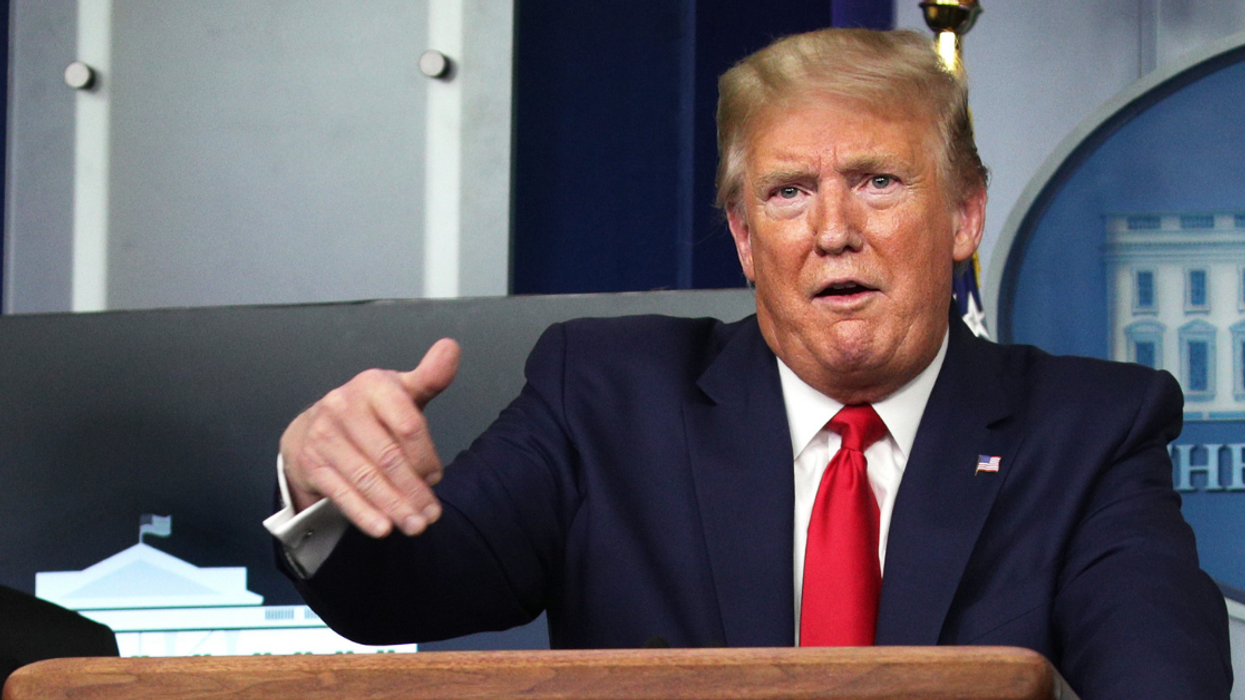

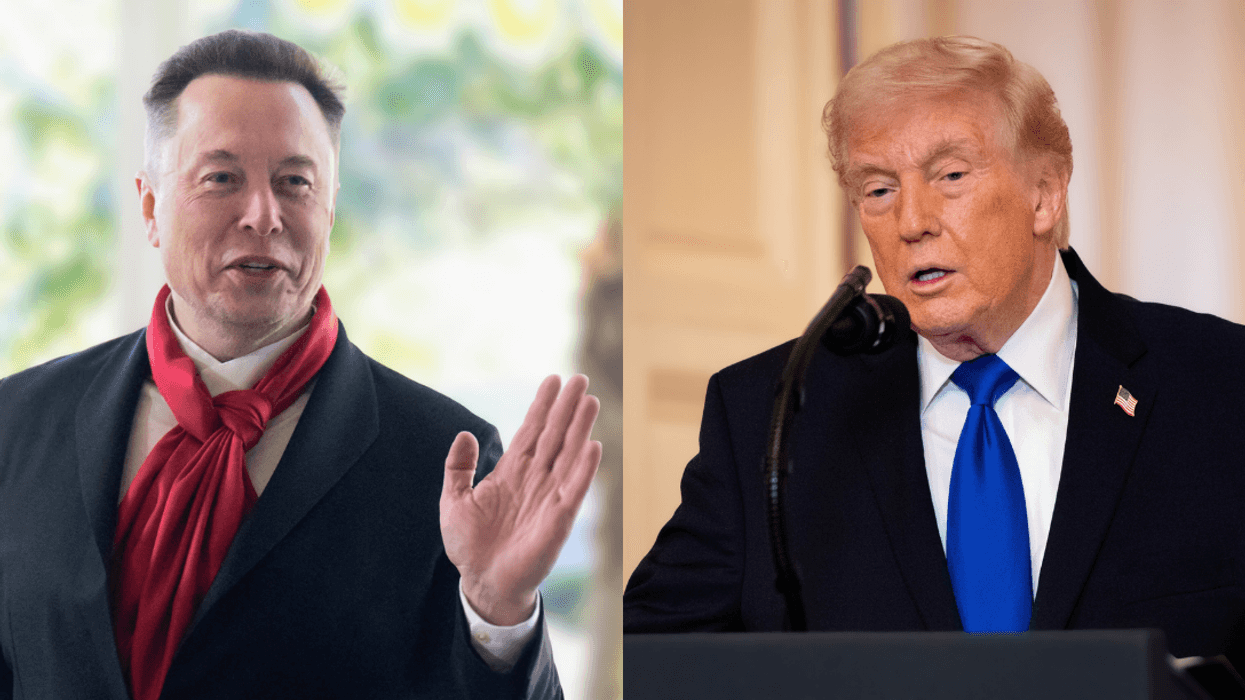
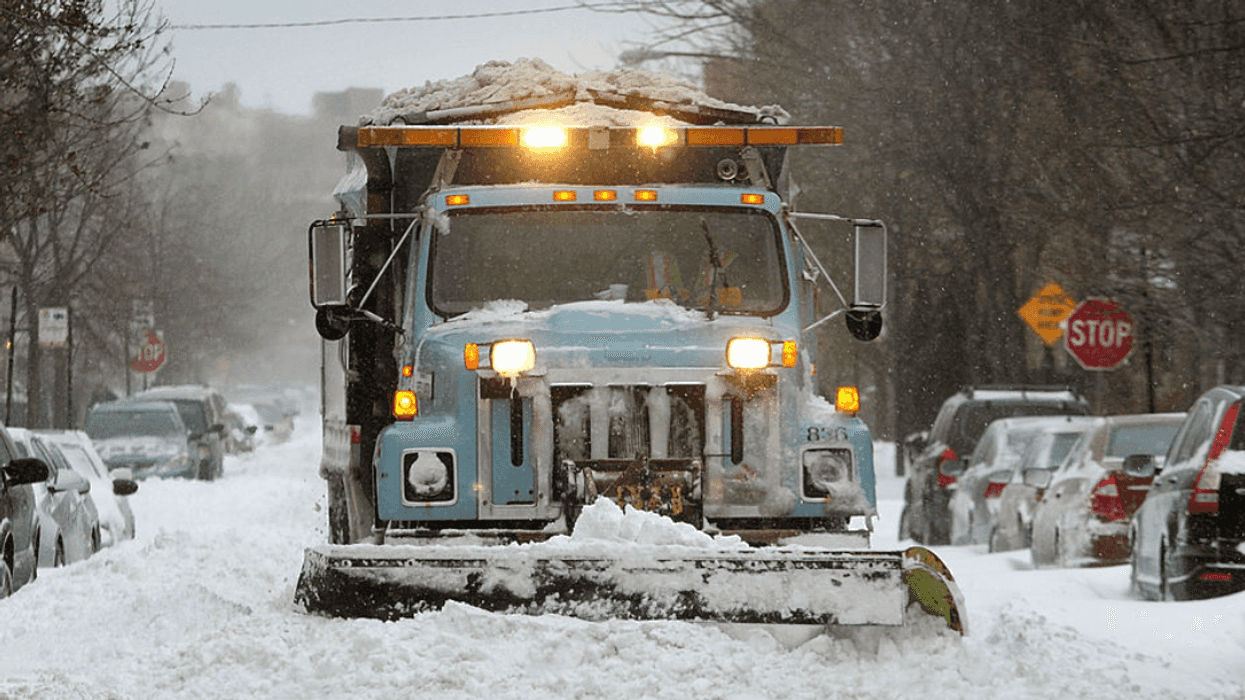
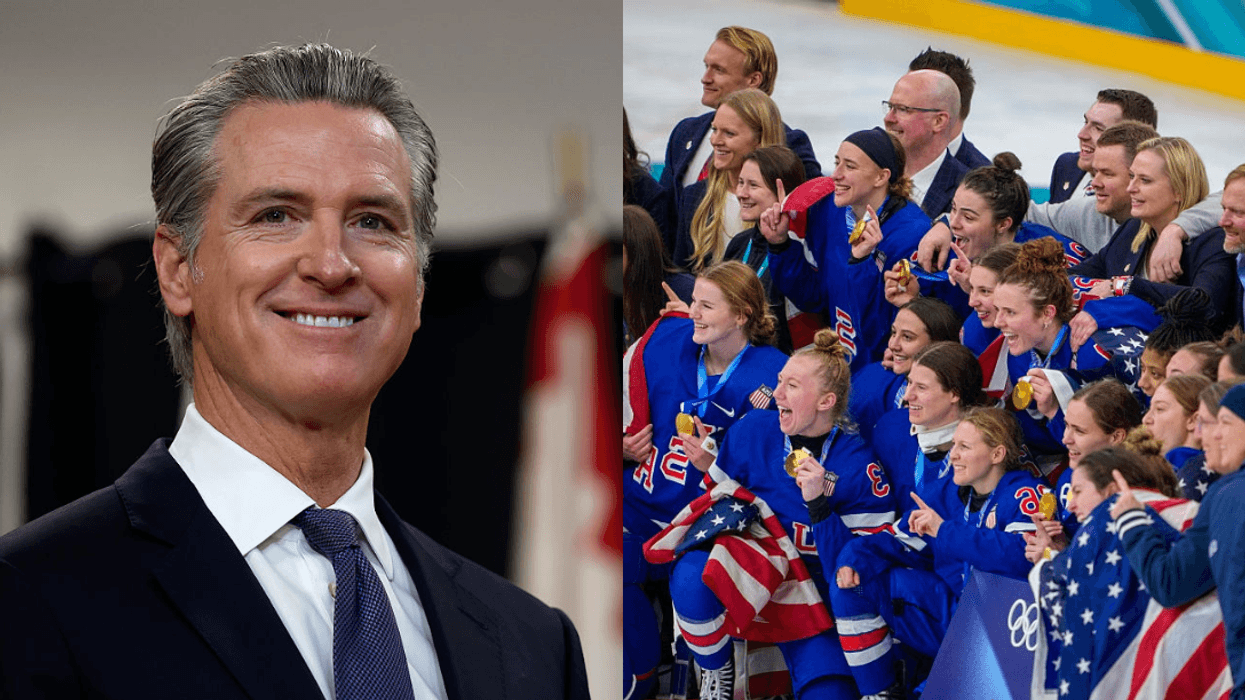
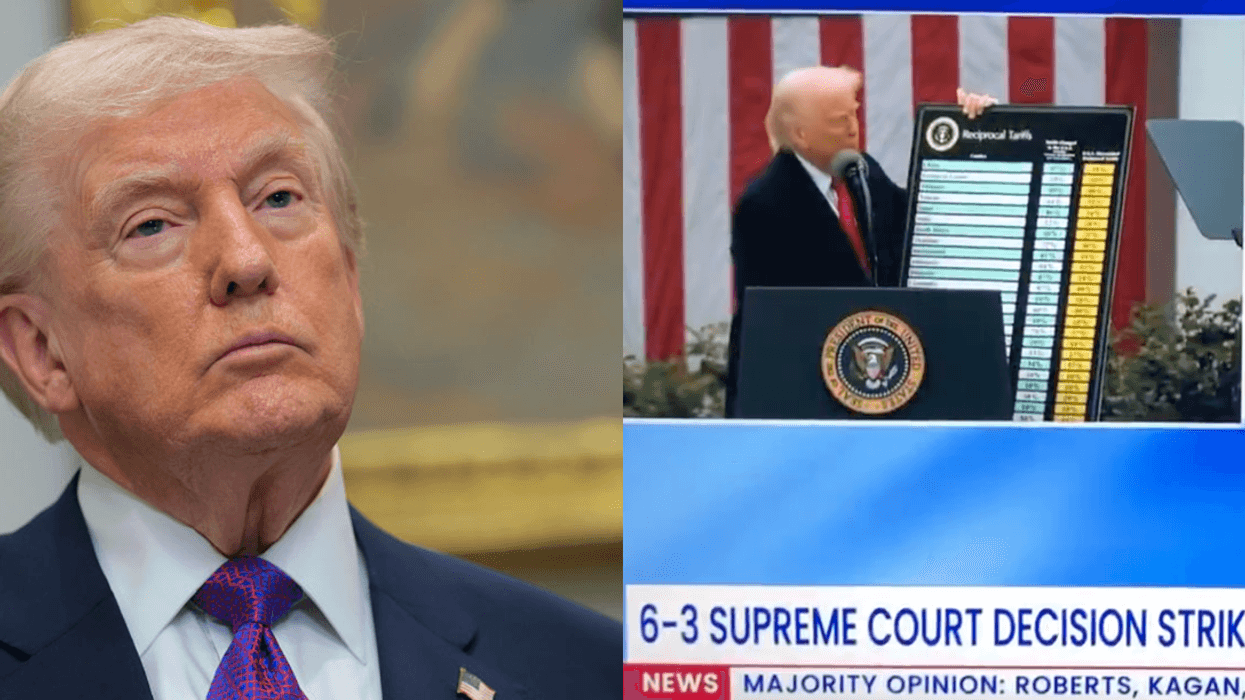






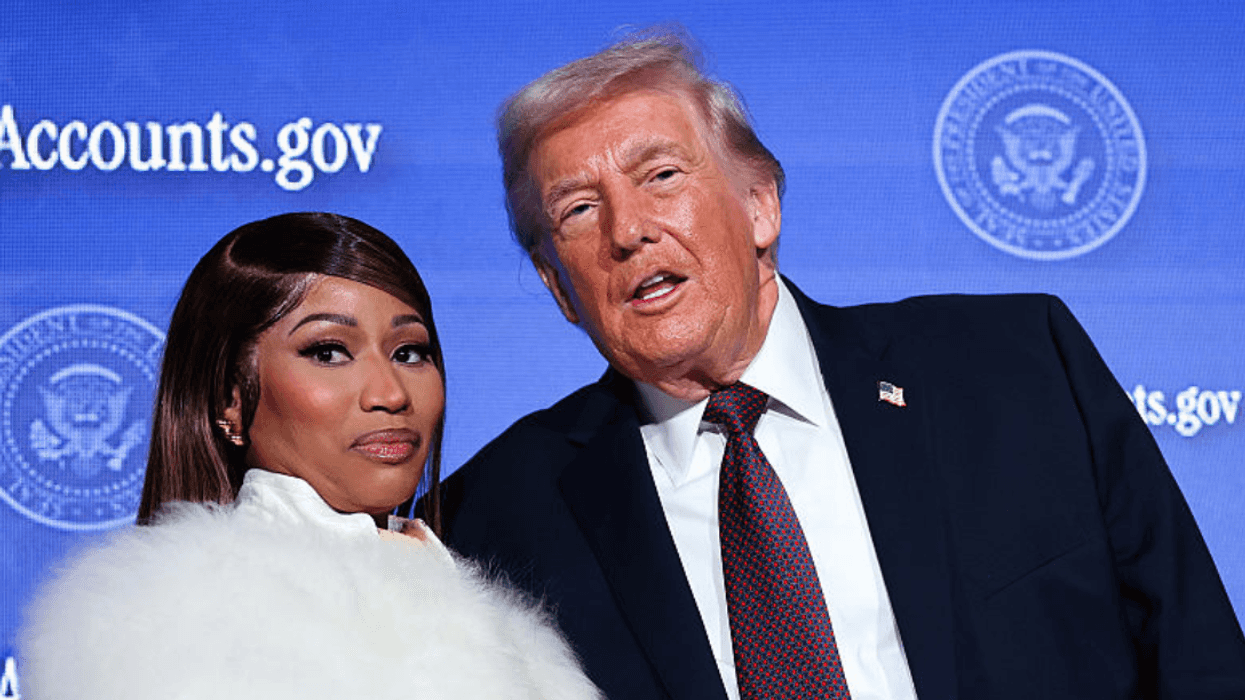
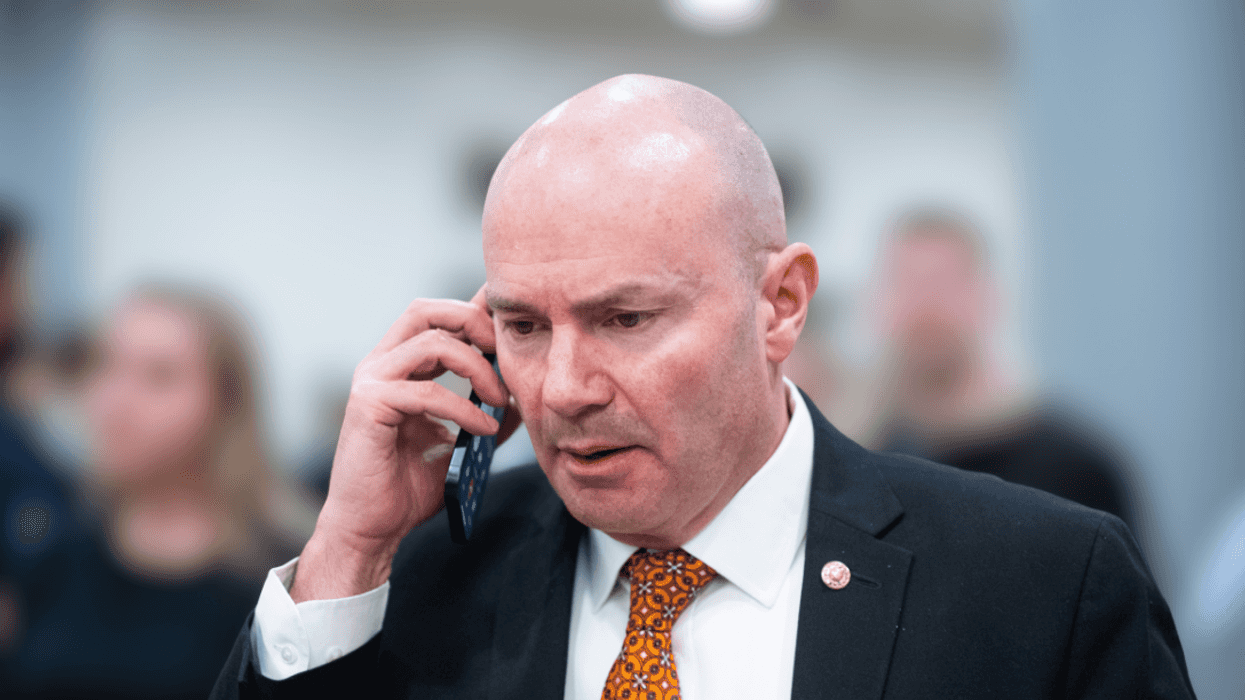
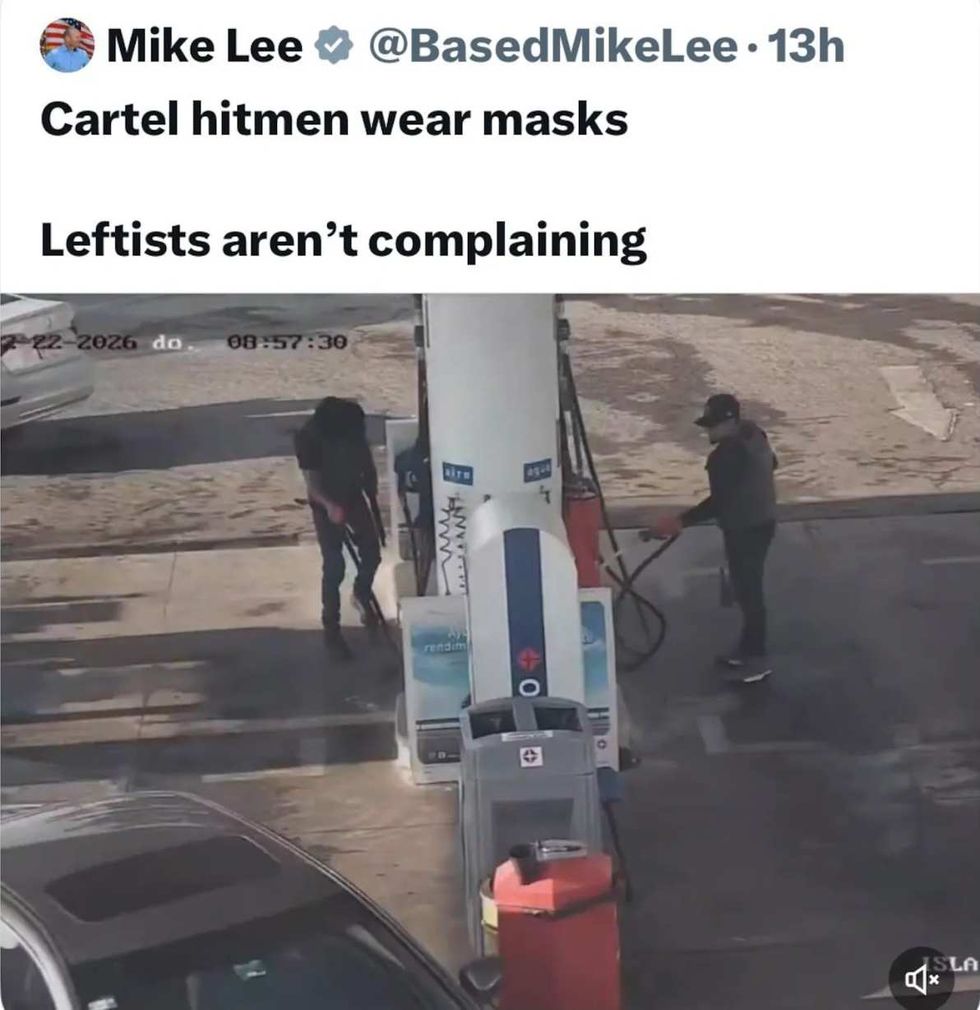 @BasedMikeLee/X
@BasedMikeLee/X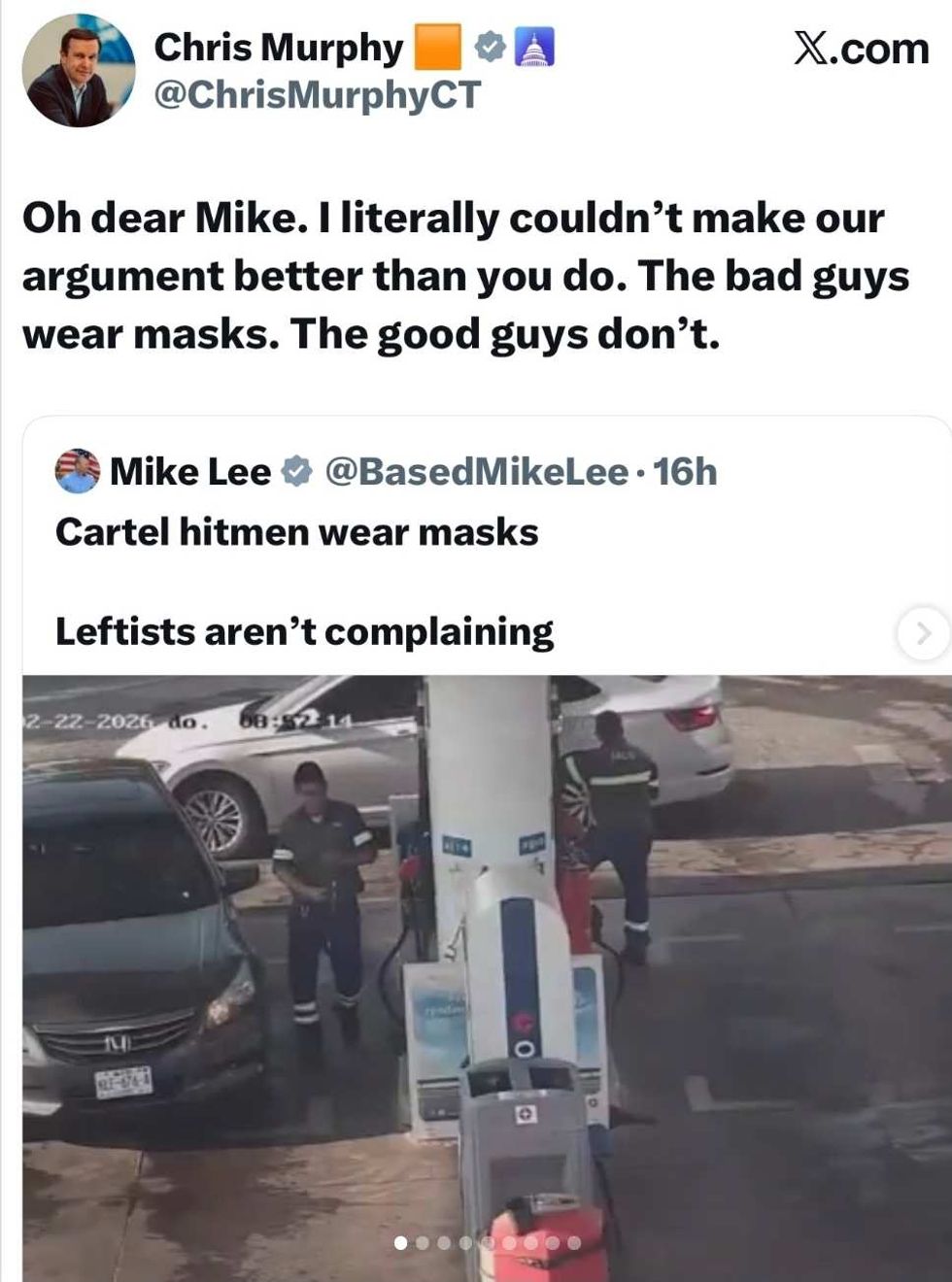 @ChrisMurphyCT/X
@ChrisMurphyCT/X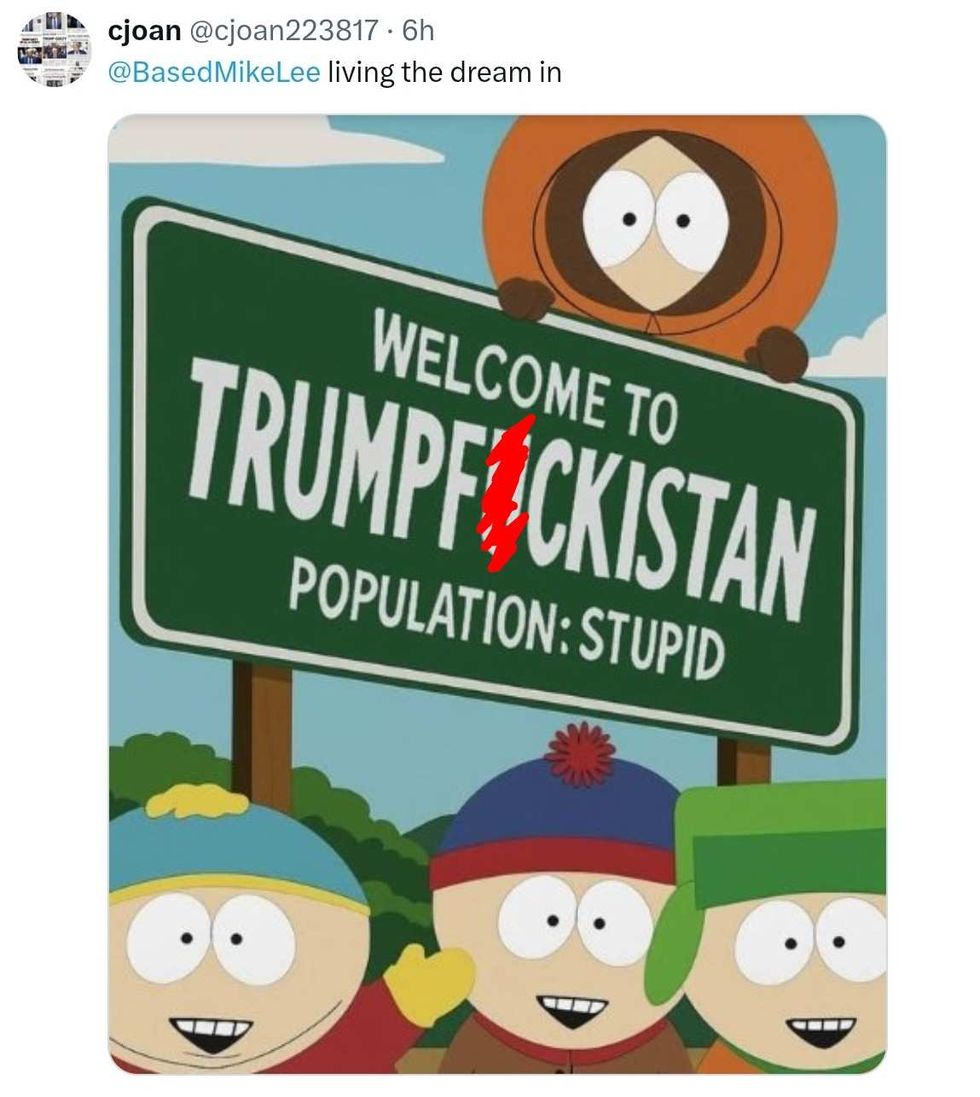 @cjoan223817
@cjoan223817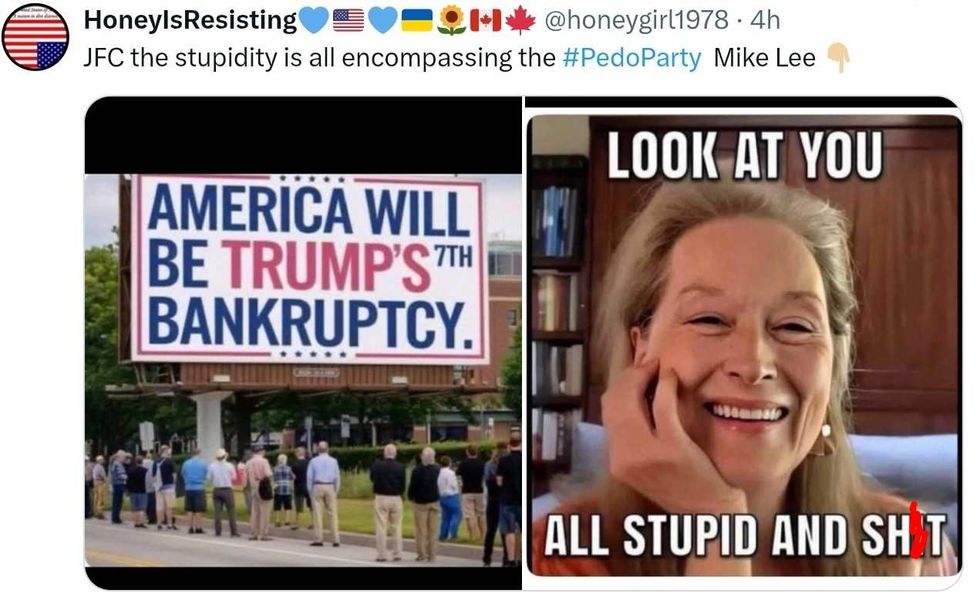

 @wideofthepost/X
@wideofthepost/X @mrmikebones/X
@mrmikebones/X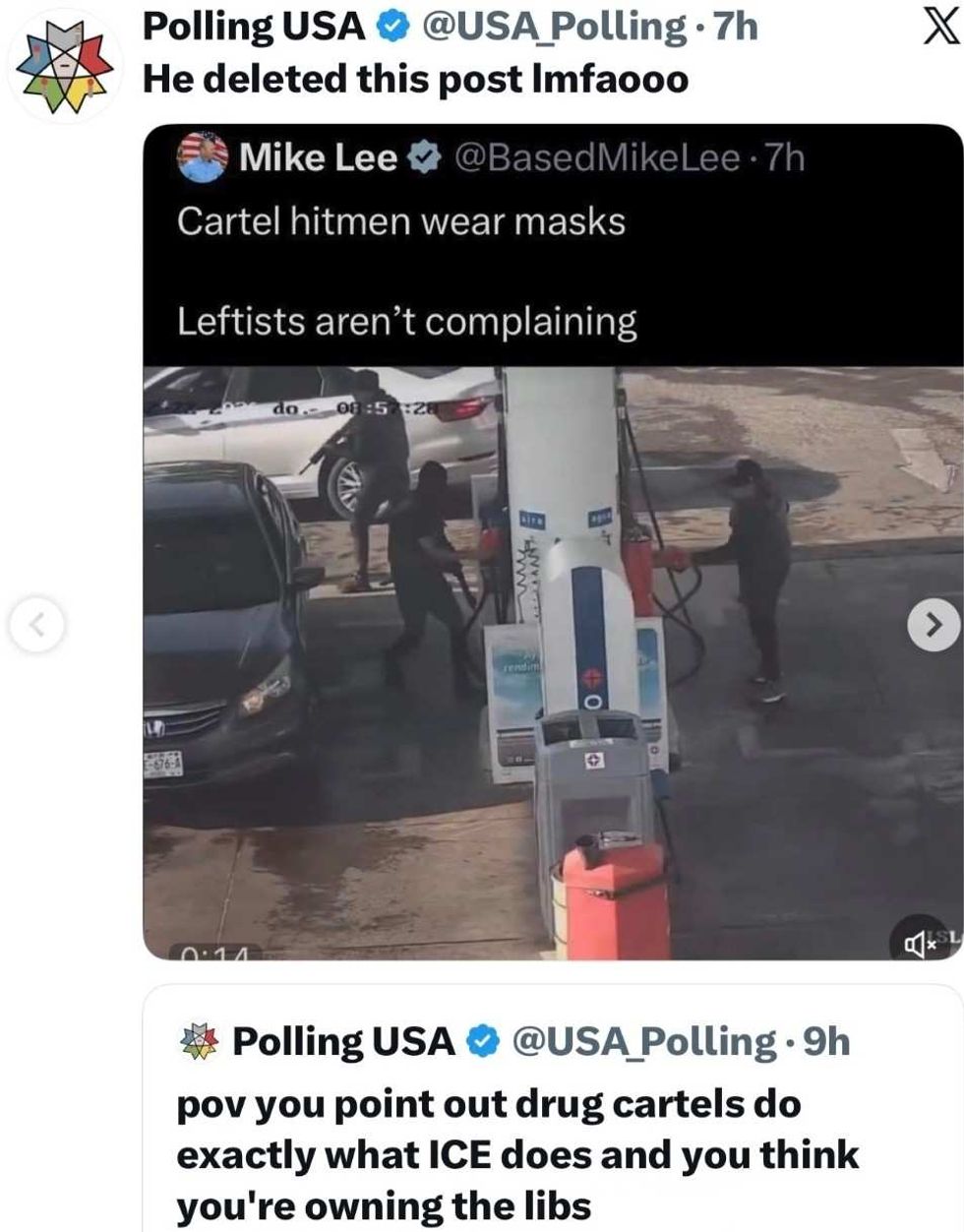 @USA_Polling/X
@USA_Polling/X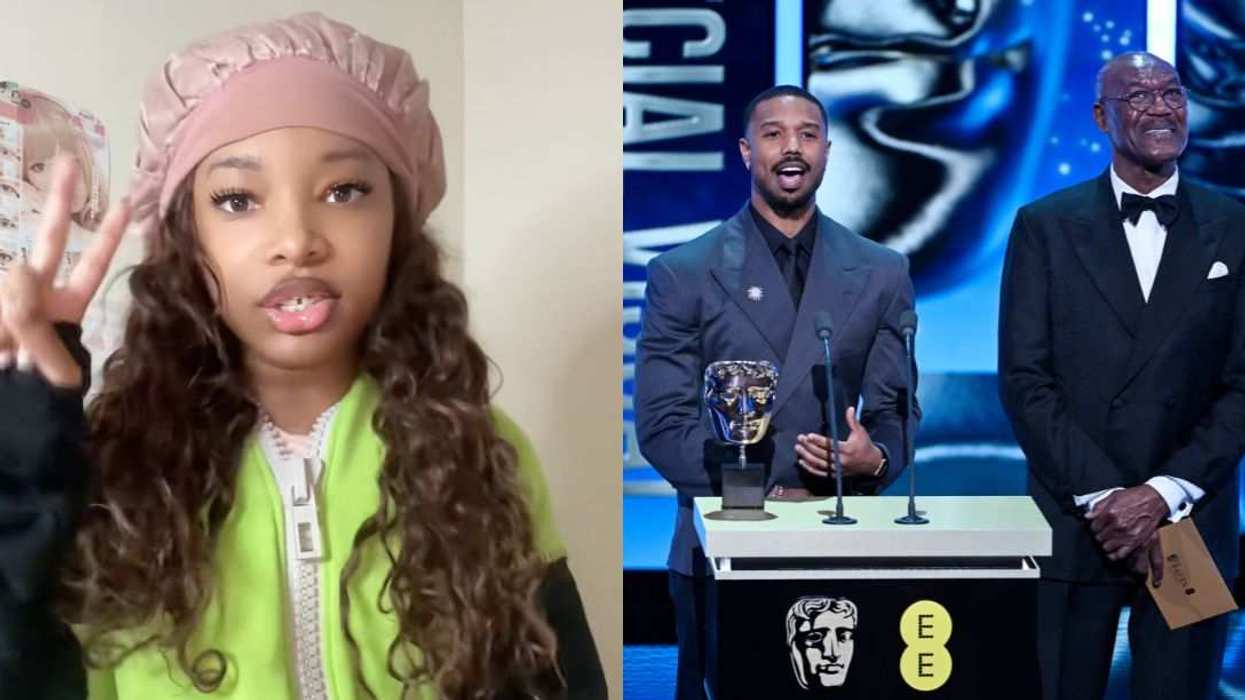
 @twilitash/TikTok
@twilitash/TikTok @kided3263/TikTok
@kided3263/TikTok @itsmaybemadi/TikTok
@itsmaybemadi/TikTok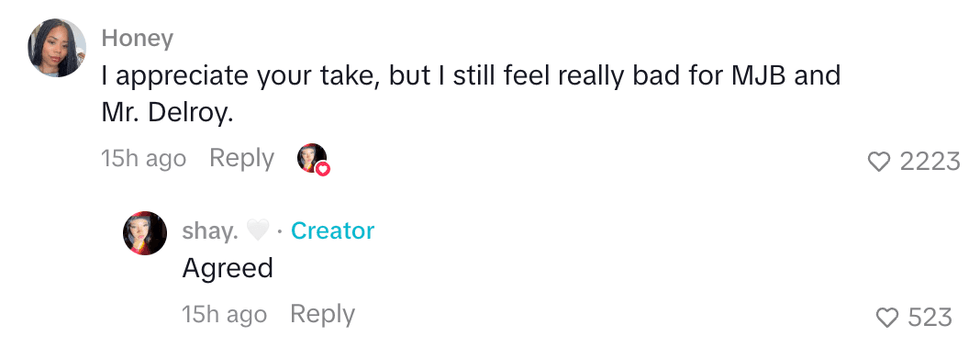 @krysten888/TikTok
@krysten888/TikTok @zilennialbabe/TikTok
@zilennialbabe/TikTok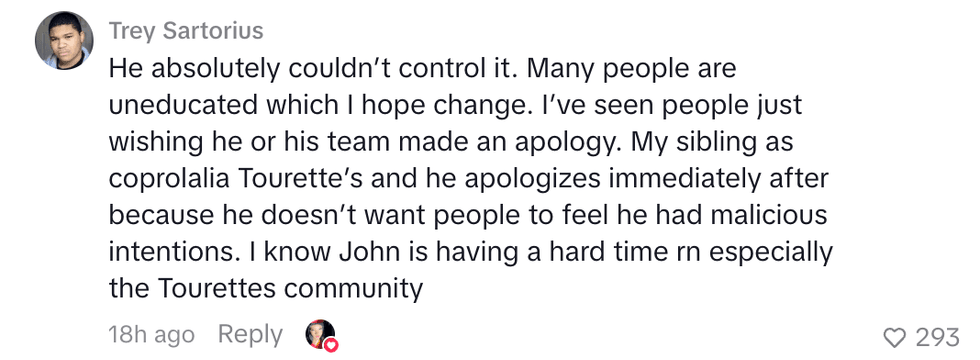 @treysartorius/TikTok
@treysartorius/TikTok